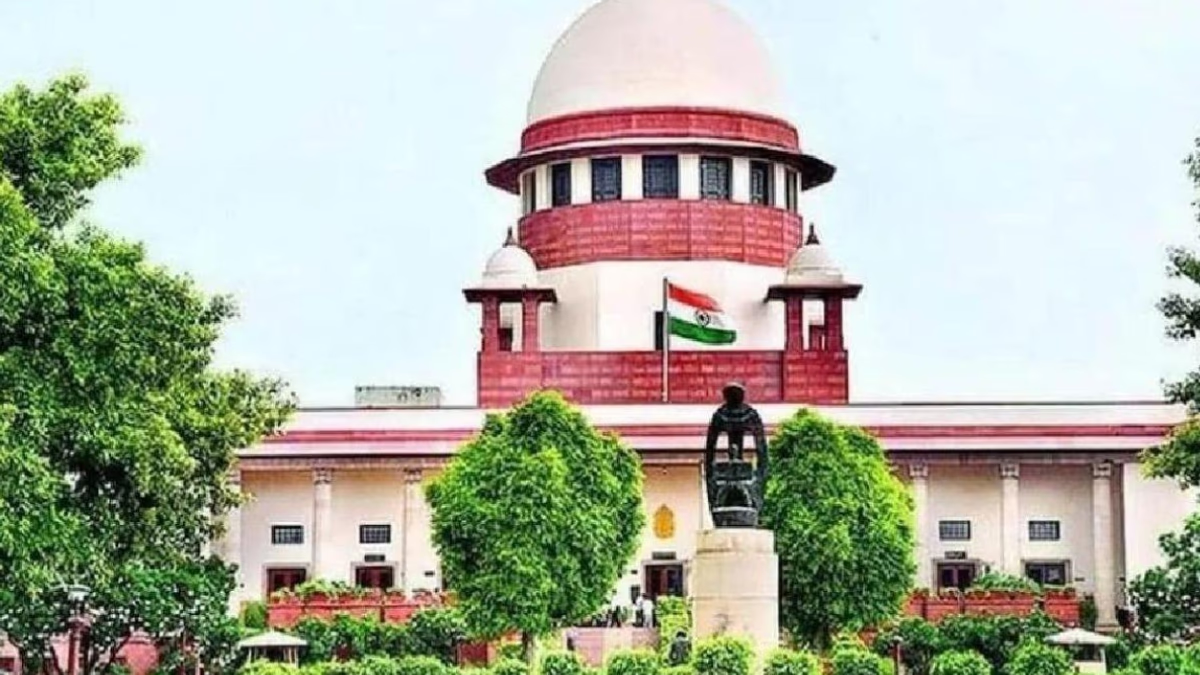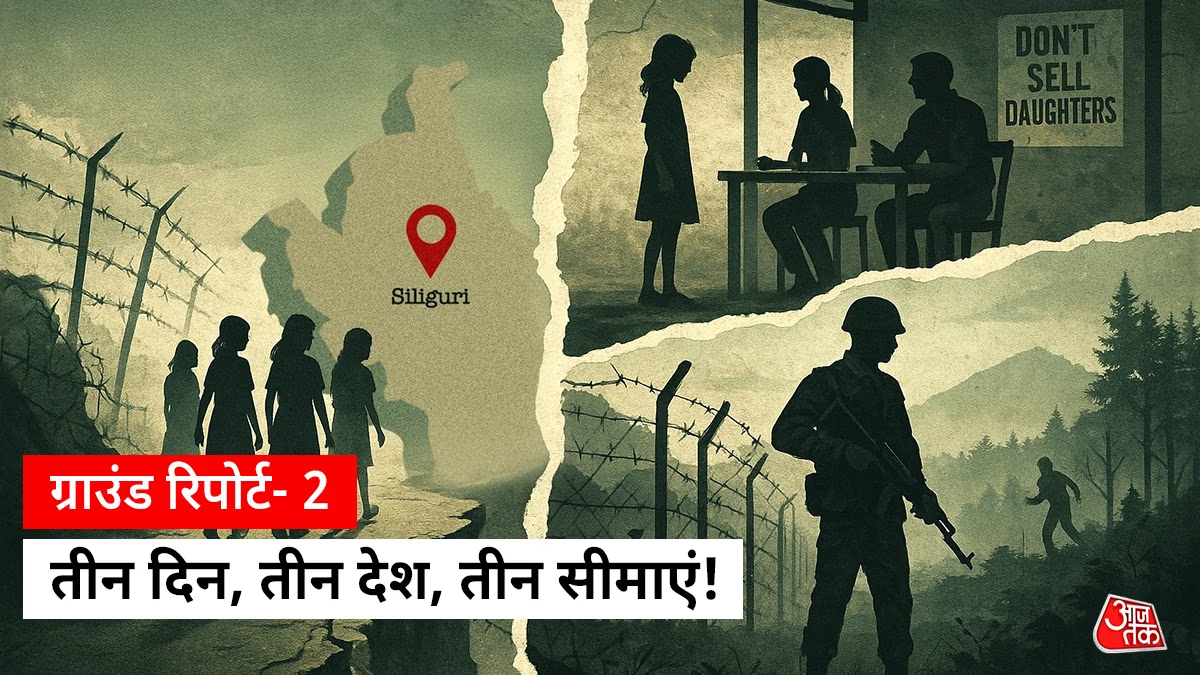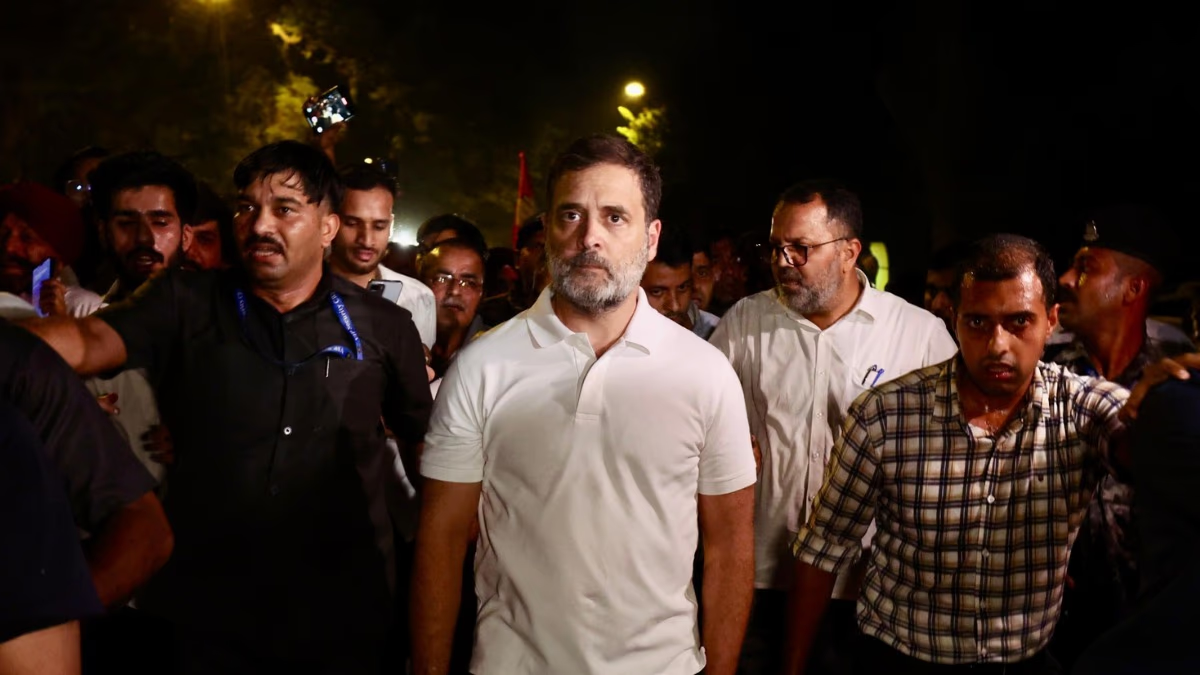The Supreme Court held a critical hearing on Monday. During a debate on the ongoing dispute between the state governments of two states and their governors, the apex court made stern remarks. The matter involves Tamil Nadu and Kerala, both of whose governments have accused the Governors of delaying the assent to bills passed by their state assemblies. The governments of Tamil Nadu and Kerala have approached the Supreme Court, prompting a hearing on Monday.
A three-judge bench led by Chief Justice of India D Y Chandrachud heard the case. While hearing the Tamil Nadu government's petition, the court questioned the Governor about the delay in assenting to bills passed by the state government that have been pending since January 2020. The Supreme Court expressed concerns over the inactivity of the Governor, emphasizing that it was a matter of serious concern.
The Supreme Court expressed displeasure over Tamil Nadu Governor N Ravi's actions, who only acted on pending bills after an order related to the Punjab government was issued on November 10. This means the Governor took action only after a court notice was issued. The court raised concerns over the bills being pending since 2020, questioning why the Governor hadn't acted for three years and why he awaited the Supreme Court's intervention.
Attorney General R Venkataramani clarified that the current Governor took office only in November 2021. In response, the Supreme Court stated that the issue is not about a specific Governor's delay but rather about the general delay in performing constitutional duties.
The court also highlighted that the decision to block 10 bills was concerning. Attorney General R Venkataramani responded that the controversy pertains only to bills related to the appointment of vice-chancellors in state universities, efforts which seemingly infringe upon the Governor's powers, necessitating reconsideration.
Meanwhile, the Supreme Court issued a notice seeking a response on Kerala government's petition. Former Attorney General K K Venugopal, representing Kerala, informed the Supreme Court that the Governor has yet to decide on several crucial bills. He noted that the Governor had signed only three bills, with 8 others still pending between 7 to 23 months after being passed by the assembly. Venugopal emphasized the need for immediate Supreme Court intervention. Kerala's government accused Governor Arif Mohammed Khan of not acting on assembly-passed bills and stalling them indefinitely.
In its petition, Kerala's government claimed that the Governor arbitrarily kept bills pending for extended periods and indeterminate lengths, violating constitutional Article 14 (Right to Equality). The state government asserts that it has passed welfare bills for the people, which the Governor has currently halted.
The Supreme Court on Monday sought a response from both the center and Kerala's Governor Arif Mohammed Khan's office regarding the state government's petition. The bench, comprising Chief Justice D Y Chandrachud, Justices J B Pardiwala, and Justice Manoj Misra, conducted the hearing. The next hearing in this matter is scheduled for Friday.




